Too many of us can’t get a good night’s sleep. Sleep apnea, night waking and insomnia are just a few of the reasons we toss and turn and wake up tired. About a third of the population has a prolonged period of wakefulness in the middle of the night, during which we might stare at the ceiling (or worse, our phone) and worry over all the things morning will bring. That, in turn, does not make it any easier to fall back asleep. So don’t even try. Instead, scientists say, we should get up and enjoy a little intermission — like our ancestors did.
Not that long ago, the human sleep cycle included a “first sleep,” a brief period of wakefulness, and then a “second sleep.” In the days before electricity, bedtime might fall just a couple hours after darkness. This early-to-bed lifestyle fostered a period of refreshed wakefulness, an hour or so which people used to read, complete tasks, or pursue amorous pursuits. Then, after going back to sleep for the rest of the night, the person would begin the day refreshed.
The CDC says that people need a minimum of seven hours of sleep per 24-hour period to maintain healthy function. But there’s no reason those seven hours must be consecutive.
Psychologist Thomas Wehr conducted experiments in the 1990s in which people were left in darkness for 14 hours instead of 8 hours. They gradually developed a split or bi-phasic sleep schedule, suggesting that without artificial lighting, humans naturally sleep this way.
Evidence for a split sleep cycle exists in literature, medical texts, court records, diaries, and in pre-industrial tribes across cultures and around the world. Historian A. Roger Ekirch's book At Day's Close: Night in Times Past describes this split sleep pattern as the norm until the 19th century, when insomnia became an issue and split sleep patterns began to disappear.
“The Victorians got it right, have two good blocks of sleep which will be helpful to regenerate your brain and body, which is better than trying to fight to have one sleep,” said sleep coach Cheryl Fingelson.
Fingelson says that fighting that wakeful period sets off a vicious cycle.
When we toss and turn, willing the brain to go back to sleep, we instead stimulate the body to produce the hormone cortisol, which wakes the brain up even more. In this scenario, a person might have a first sleep, a prolonged period of wakefulness spent trying to sleep, and a delayed, fitful second sleep that all add up to a day of grogginess. Instead, she said, we should embrace the intermission. Read for a while, have a cup of tea, listen to music, write, meditate, or enjoy another low-energy activity, and then go back to bed.
Another option is to pursue an afternoon nap.
In some cultures, an afternoon siesta is built into the day to help people recharge instead of slogging through a post-lunch dip in alertness and productivity. Science backs up the urge to nap: benefits include more energy, more creativity, better short-term memory, a stronger immune system, and a better mood. Students who take naps do better in school. Some Chinese schools even encourage students to rest during the day.
“Daytime napping is quite controversial in the United States. In Western culture, the monophasic sleep pattern is considered a marker of brain maturation,” said University of Delaware researcher Xiaopeng Ji. “In China, time for napping is built into the post-lunch schedule for many adults in work settings and students at schools.”
The ideal nap duration is 10-20 minutes. Any longer, and it becomes more difficult to wake up.
One way to achieve the perfect nap: Drink some coffee first. Since it takes about 20 minutes for caffeine to hit the brain, you can take a perfectly timed nap and wake up naturally twice refreshed and ready to go. Studies in the UK and Japan have found that individuals who take a coffee nap perform better on cognitive exercises and memory tests than those who take naps or drink caffeine alone. That sounds like a complete win-win.
Maybe you should try that right now.





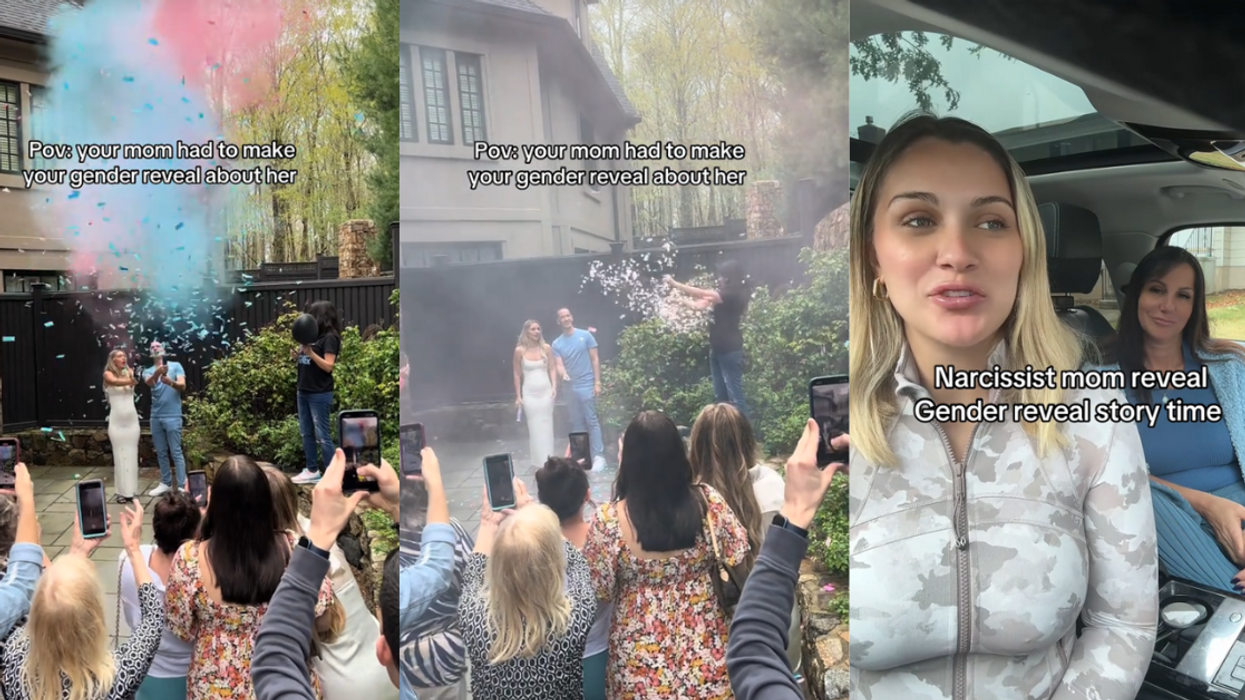
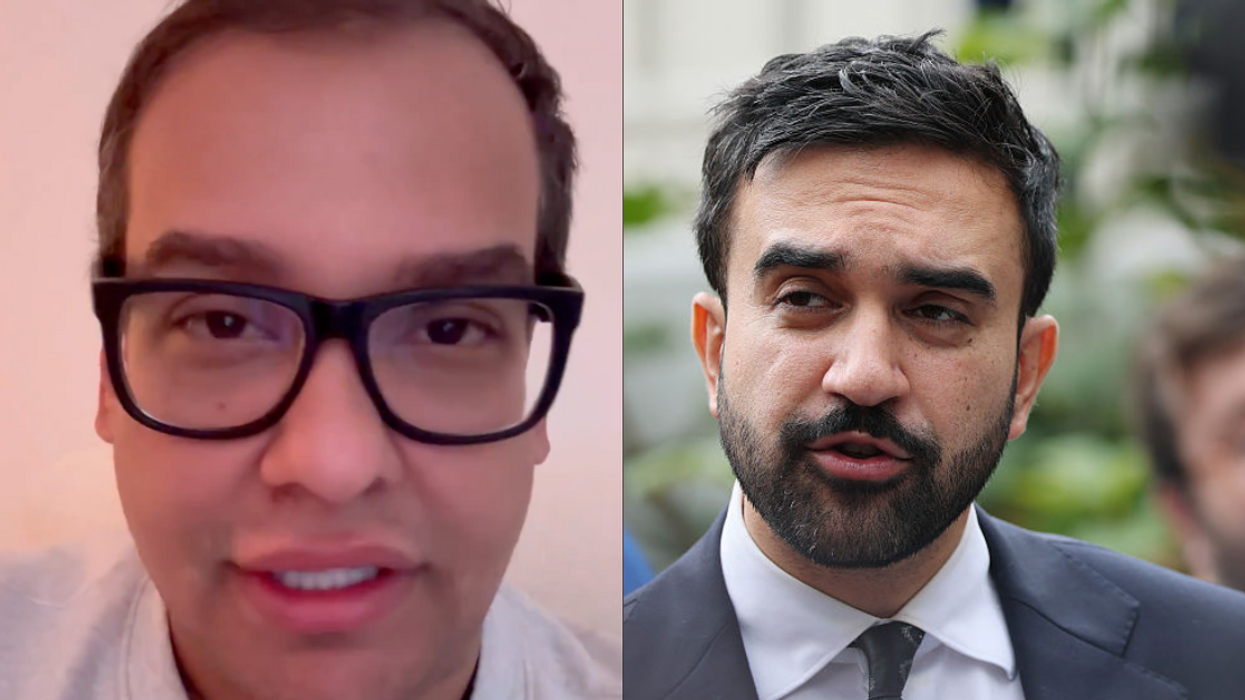






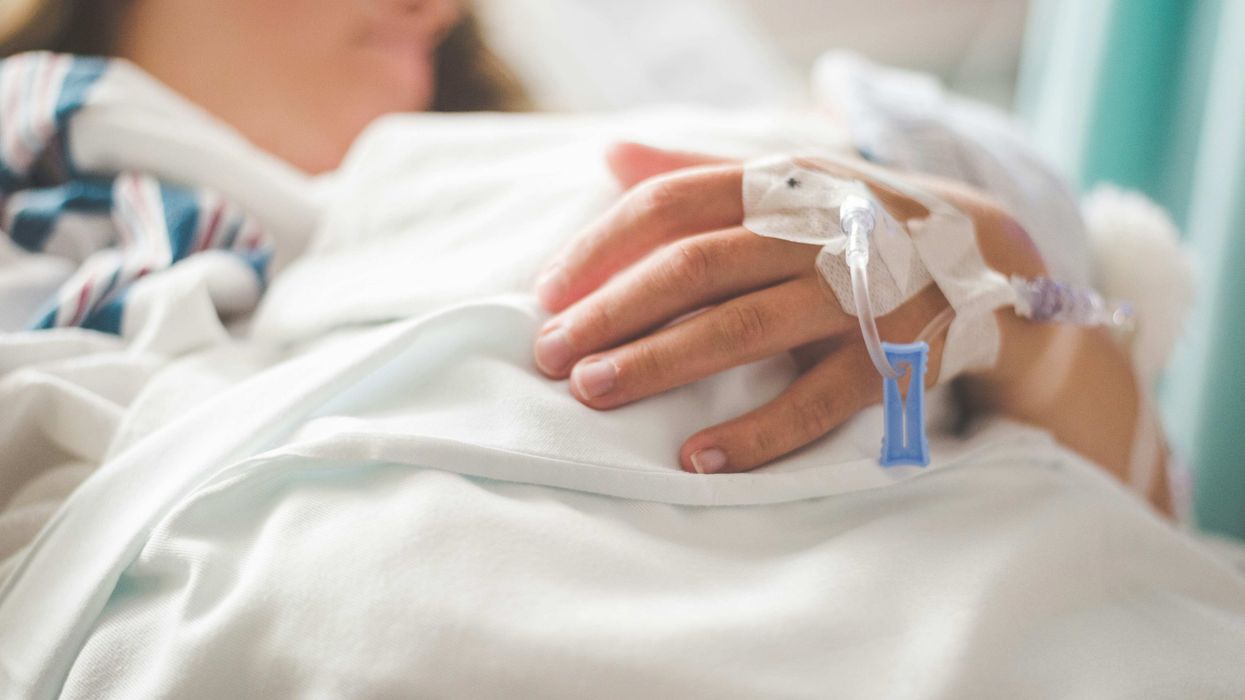

 breast cancer GIF by Baptist Health South Florida
breast cancer GIF by Baptist Health South Florida  Teddy Bear Doctor GIF
Teddy Bear Doctor GIF  feeling neck skin GIF
feeling neck skin GIF  praying GIF
praying GIF 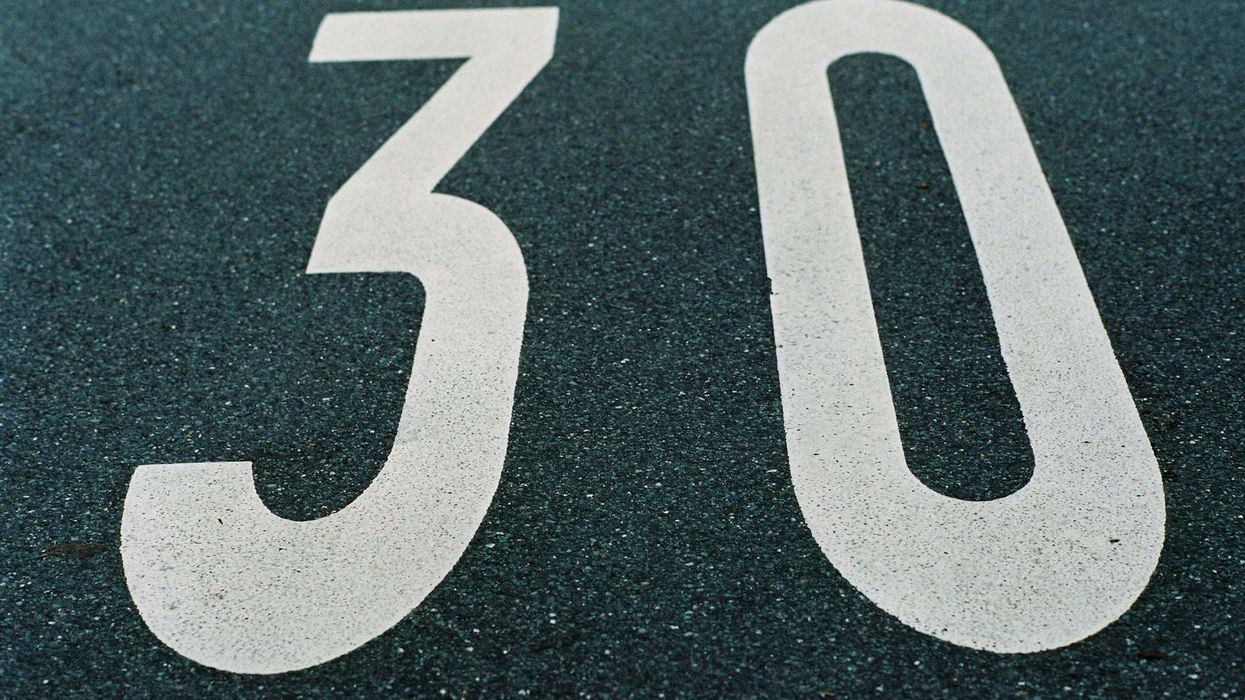
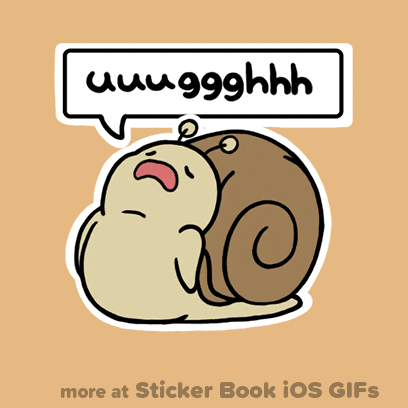 Snail Ugh GIF by Sticker Book iOS GIFs
Snail Ugh GIF by Sticker Book iOS GIFs 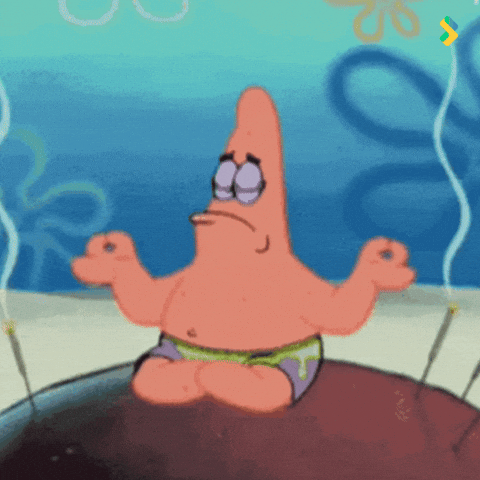 Serious
Serious 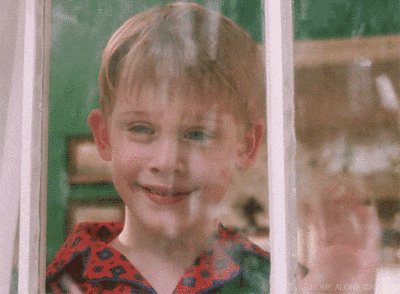 Home Alone Reaction GIF by 20th Century Fox Home Entertainment
Home Alone Reaction GIF by 20th Century Fox Home Entertainment  Cat Working GIF
Cat Working GIF